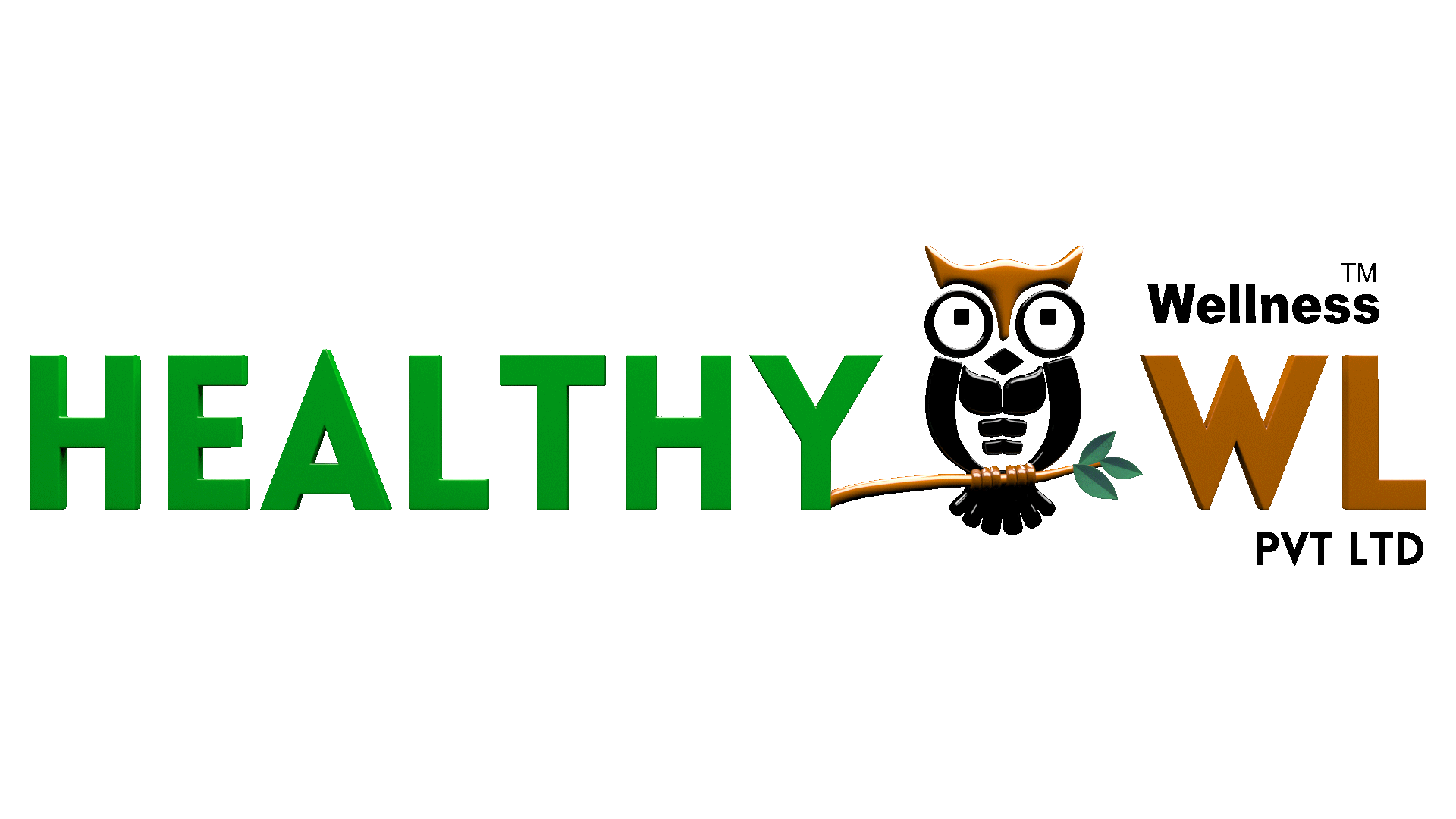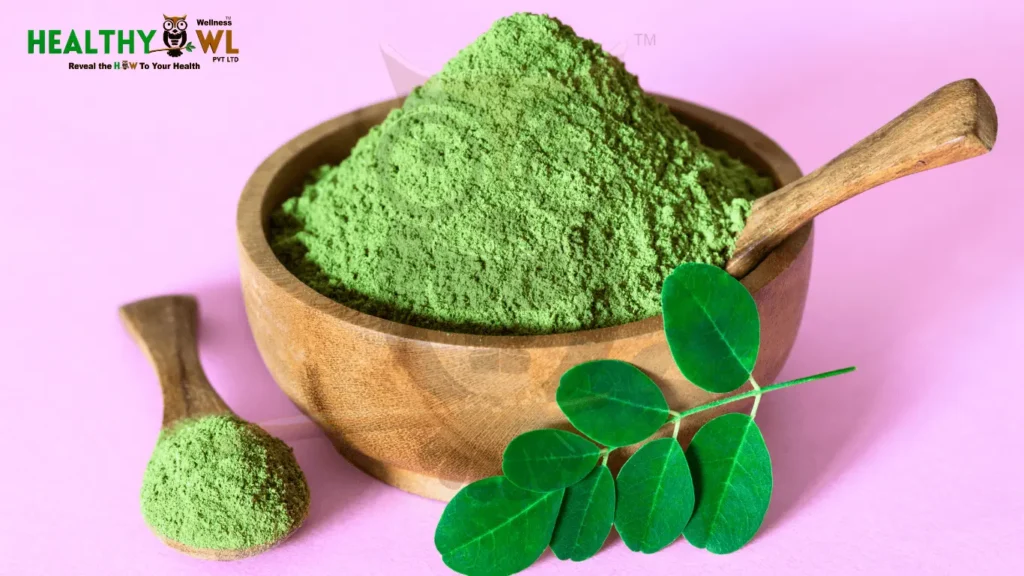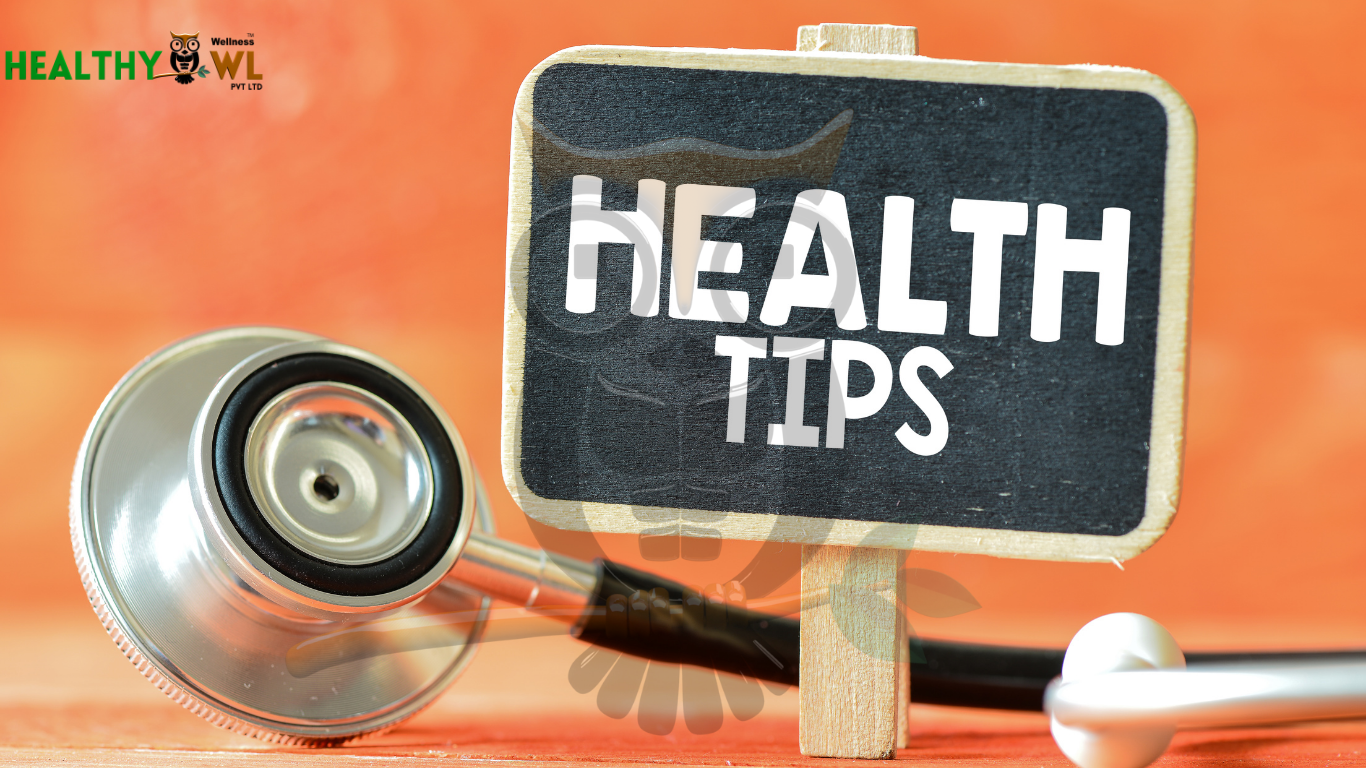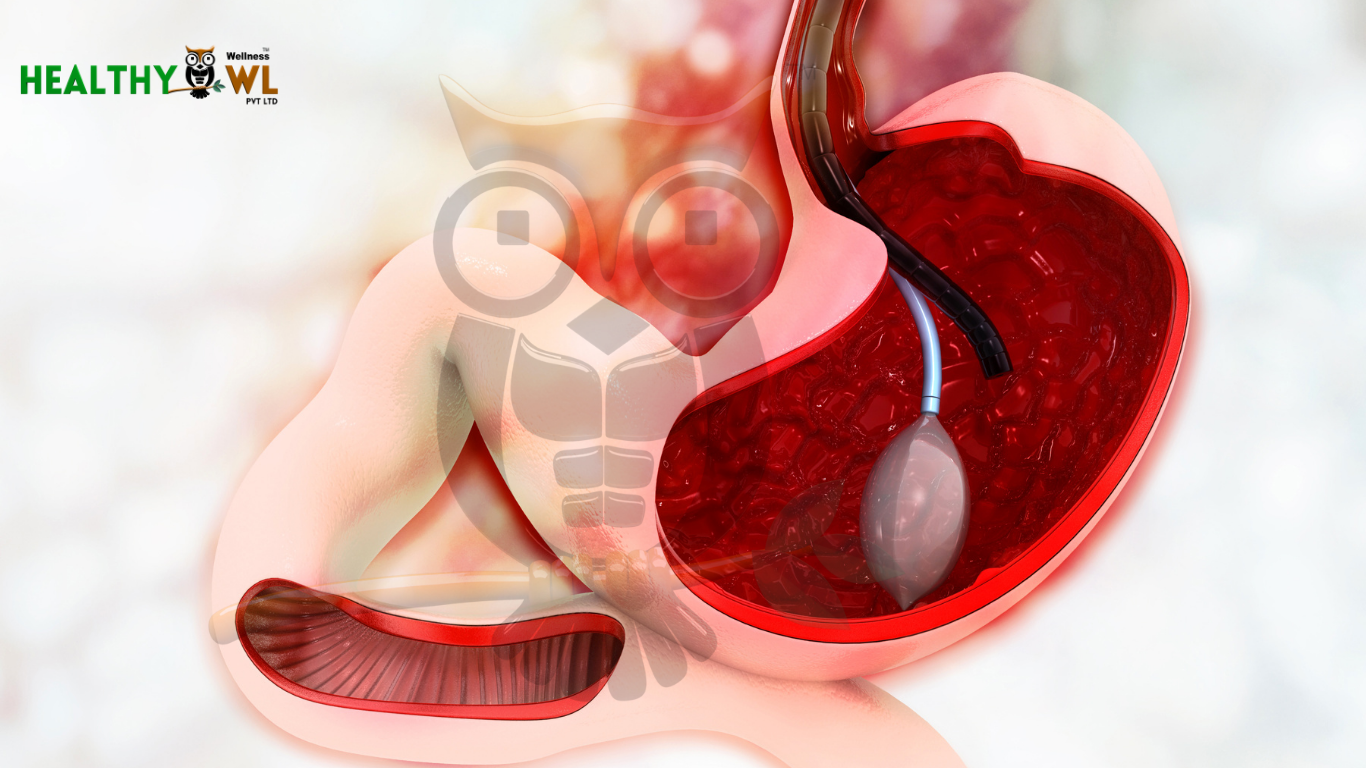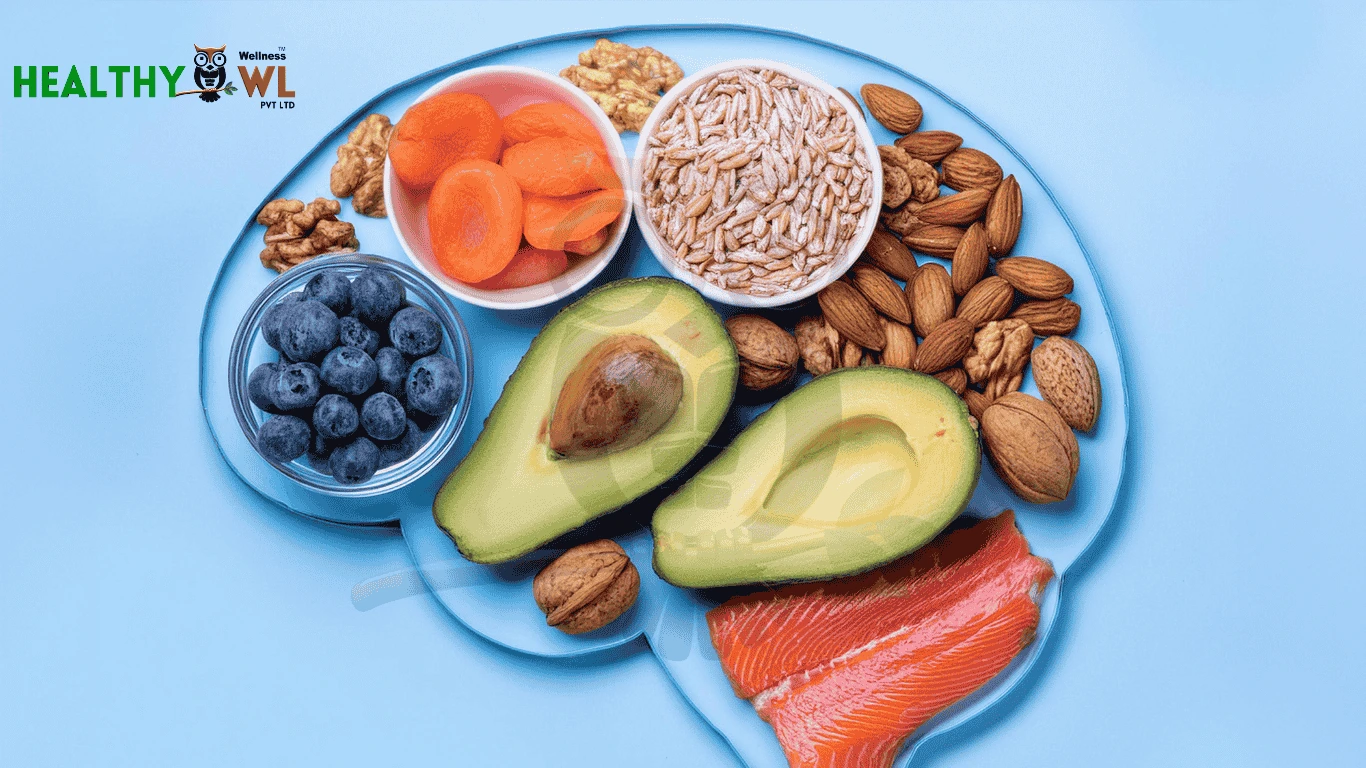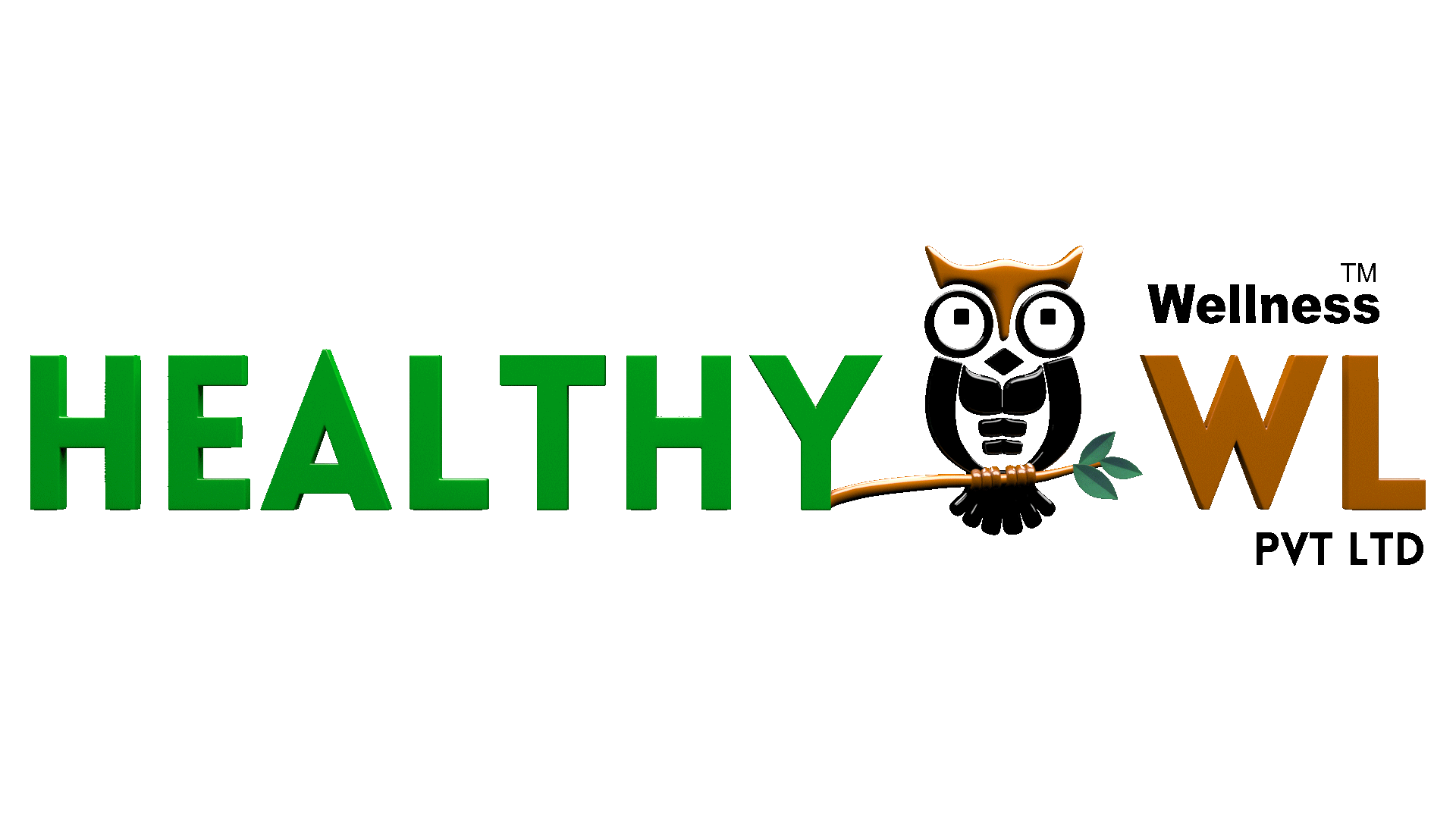Introduction: What Makes Moringa a Superfood?
Moringa—often dubbed the “miracle tree”—has gained popularity in recent years, especially in its dried powdered form. But is moringa powder really worth the hype? In this article, we’ll explore why you might need it, what the science and traditional wisdom say, possible drawbacks, and how to use it safely.
Moringa oleifera is a fast-growing tree native to parts of India, Africa, and Asia. Almost every part of the tree—leaves, pods (drumsticks), seeds, flowers, bark—has traditional uses.
The powder is typically made by drying the leaves (or sometimes seeds) and then grinding them into a fine form. This form concentrates many nutrients and bioactive compounds, making it more convenient to use (in smoothies, teas, capsules, etc.).
Powdered moringa is often preferred because:
- It’s shelf-stable and portable
- It’s easy to dose and mix into foods or drinks
- It concentrates the beneficial compounds
Insights into Moringa: Nature’s Nutrient Powerhouse
- Rich in Antioxidants: Moringa contains quercetin and chlorogenic acid that protect cells from oxidative stress.
- Supports Blood Sugar Control: Compounds like isothiocyanates help lower blood glucose levels naturally.
- Boosts Immunity: High vitamin C and zinc levels strengthen immune defense.
- Enhances Skin & Hair Health: The amino acids and antioxidants in Moringa nourish collagen and scalp health.
- Supports Detoxification: Moringa aids liver function, helping the body eliminate toxins effectively.
Benefits of Moringa Powder
Rich in Nutrients: Vitamins A, C, B-complex, calcium, iron, magnesium, potassium, and protein.
- Antioxidant & Anti-inflammatory: Contains flavonoids, polyphenols, and isothiocyanates that help reduce oxidative stress.
- Blood Sugar & Diabetes Support: May improve insulin sensitivity and reduce post-meal glucose spikes.
- Heart Health: Can help lower LDL (bad) cholesterol and may raise HDL (good) cholesterol.
- Liver Support & Detoxification: Bioactive compounds may enhance antioxidant enzymes and protect liver function.
- Wound Healing & Skin Benefits: Antimicrobial and antioxidant properties may aid in healing and skin health.
- Neuroprotective: Antioxidants and anti-inflammatory compounds may protect brain health.
Antimicrobial Effects: Some studies suggest moringa may inhibit certain bacteria.
How Moringa Works in the Body (Mechanisms)
Here’s a simplified view of how moringa’s active compounds might act:
- Antioxidant defense — The polyphenols and flavonoids neutralize free radicals, reducing oxidative stress and inflammation.
- Regulation of metabolism — Some compounds may modulate enzymes involved in glucose metabolism and insulin signaling.
- Gene & signaling modulation — Bioactive compounds may influence pathways like NF-κB (inflammation), Nrf2 (cell defense), etc.
- Detox pathways — Some compounds (e.g., isothiocyanates derived from glucosinolates) may induce detox enzymes in the liver.
- Balances Hormones:
Regular use may help stabilize estrogen and insulin, especially beneficial for women with PCOS or menopausal symptoms
Recent in silico research (computational docking) has also examined how several moringa leaf phytochemicals might interact with proteins involved in cancer cell survival (e.g., BCL-2) synergistically. arXiv But computational findings are only a starting point; they need validation in lab and human studies
Types & Forms of Moringa
- Leaf Powder: Most common; can be added to smoothies, soups, or sprinkled on food.
- Capsules/Tablets: Convenient, standardized doses.
- Tea/Infusion: Dried leaf or powder steeped in hot water.
- Liquid Extract/Tincture: Concentrated form; should be used carefully.
- Seed Powder/Extracts: Stronger phytochemical profile; requires caution.
- Oil (Moringa/Ben Oil): High in oleic acid; often used topically for skin and hair.
- Fresh Leaves/Pods: Can be cooked like traditional vegetables.
Possible Negatives, Risks & Contraindications
While moringa is generally well-tolerated in moderate amounts, there are potential risks and side effects to be aware of. Always consult a healthcare professional before adding it to your routine, especially if you are pregnant, on medications, or have chronic conditions.
Known & Reported Risks / Side Effects of Moringa
- Digestive Issues: Excess intake of moringa powder may cause nausea, diarrhea, stomach upset, or gas. Moringa leaves and seeds contain mucilage (soluble fiber) that absorbs water and forms a gel-like mass in the stomach.
While this slows digestion and helps control blood sugar, excess intake can cause bloating, gas, or constipation/loose stools, depending on water intake. Memorial Sloan Kettering Cancer Center - Liver & Kidney Concerns: Some lab and animal studies suggest that very high doses of moringa could potentially cause liver or kidney damage.WebMD
- Infertility / Reproductive Effects: Consumption of bark, roots, or very high doses of moringa may lead to uterine contractions or fertility effects in animal studies.
- Allergic Reactions / Skin Toxicity: Rare cases of cutaneous eruptions or Stevens-Johnson syndrome have been reported.
- Interactions with Medications: Moringa may interfere with drugs for diabetes or blood pressure and could affect cytochrome P450 enzymes. Medical News Today
- Neurotoxic Risk at Extremely High Doses: Some sources report that spirochin, an alkaloid in moringa, may have neuroparalytic effects if consumed in very high amounts.
- Not Safe During Pregnancy: Bark, roots, or concentrated extracts of moringa may stimulate uterine contractions and should be avoided during pregnancy.
Because of these risks, moderation and quality are crucial. Most adverse findings come from very high doses or non-leaf parts (roots, bark) rather than typical leaf powder dosages.
Dosage Guidance
- Start with ½ to 1 teaspoon (≈1–2 g) per day of leaf powder.
- Monitor tolerance and digestive response.
- Do not exceed 6–10 g per day without medical supervision.
- Periodic breaks can help reduce cumulative risk.
Why You Might Need Moringa Powder
- As a nutritional booster to fill gaps in vitamins, minerals, or protein intake.
- To support oxidative stress and overall metabolic health.
- As a plant-based diet supplement to increase micronutrient intake.
- For skin and hair benefits when used topically as oil or paste.
Moringa powder is a nutrient-dense supplement with a variety of promising health benefits, from antioxidant and anti-inflammatory effects to supporting metabolic and liver health. Moderation, proper dosing, and high-quality products are essential to minimize risks. When used wisely alongside a balanced diet and healthy lifestyle, moringa powder can be a valuable ally in achieving overall wellness.
Innovative Uses & Additions for Moringa Powder
Make your Moringa routine more creative and practical:
- Moringa Energy Bites: Mix dates, nuts, moringa powder, and oats to create high-protein energy bites.
- DIY Moringa Face Mask: Blend moringa powder with honey and yogurt for a skin-nourishing, antioxidant-rich face mask.
- Moringa Smoothie Bowl: Combine banana, spinach, moringa powder, and almond milk for a superfood breakfast.
These simple additions make Moringa not just a supplement, but a lifestyle enhancer.
Conclusion
Moringa powder is a versatile, nutrient-rich superfood that can support your overall health, from boosting immunity and antioxidants to supporting metabolic and liver health. While it offers numerous benefits, it’s important to use it in moderation, choose high-quality products, and consult a healthcare professional if you have underlying health conditions or take medications. When incorporated wisely into your daily routine, moringa powder can be a simple yet powerful addition to your journey toward better health and vitality.
At Healthy Owl Wellness, we help you make informed choices about superfoods, supplements, and holistic wellness practices. Explore our personalized wellness programs and expert guidance to optimize your health naturally. Start your wellness journey with Healthy Owl today!
References & Further Reading
